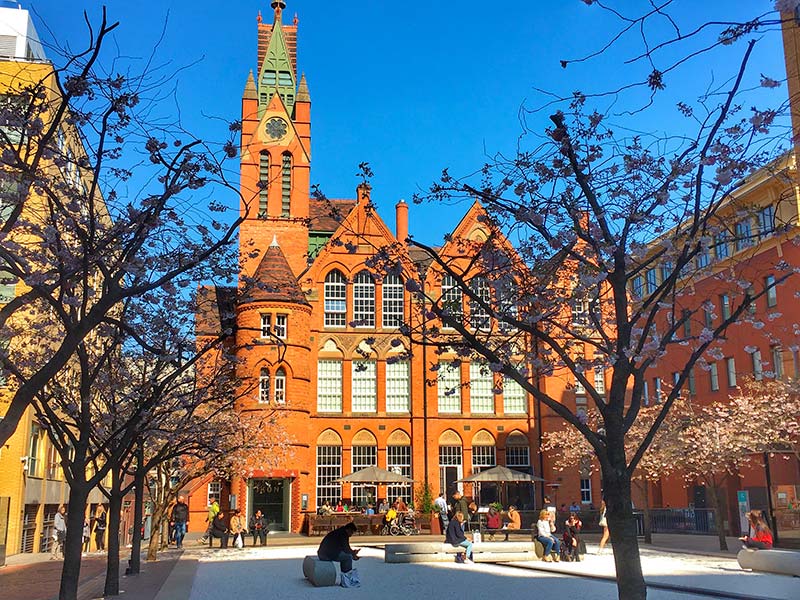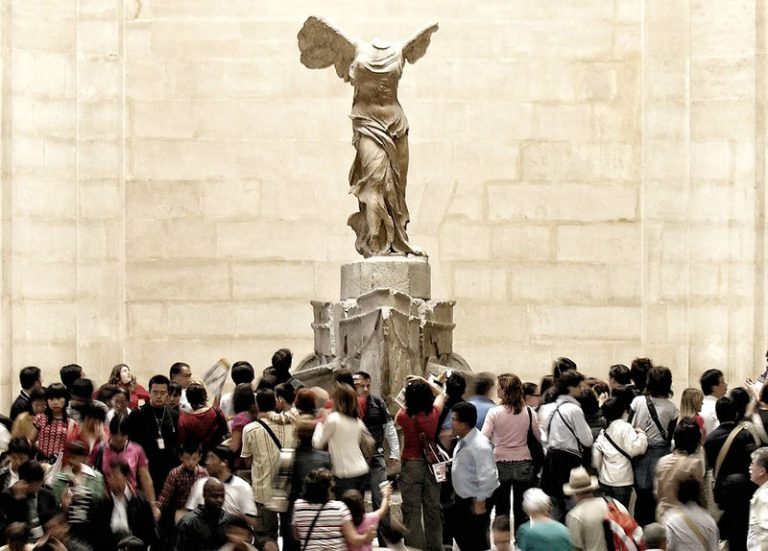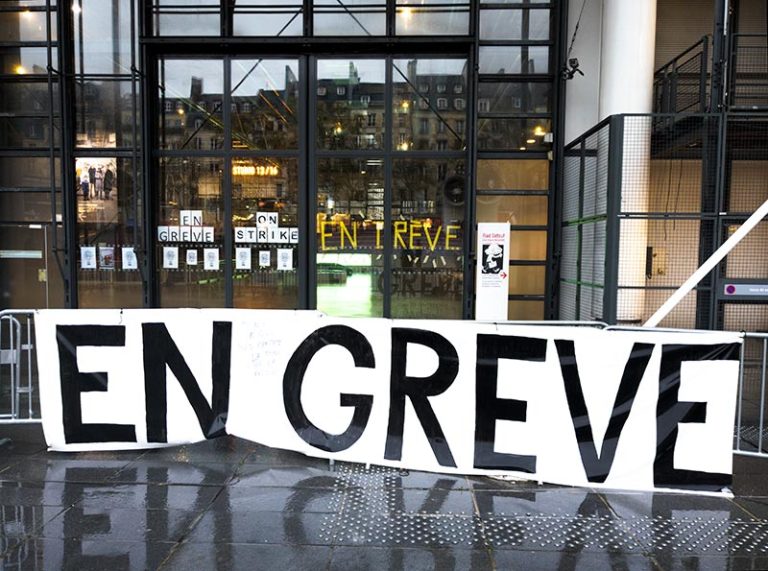Birmingham (England). Subsidies allocated to cultural organizations by the City of Birmingham will be reduced by 50% over the year 2024-2025, a reduction which represents 630,000 pounds sterling (737,000 €). The following financial year, all of these subsidies will be eliminated (£1.3 million, or €1.52 million). The decision, nightmarish for the cultural sector, was voted on March 5. Birmingham is the second largest city in the United Kingdom. The capital of the Midlands, in the center of England, is also a growing cultural hub while London’s exorbitant prices are driving younger generations of artists away to other regions. But in September 2023, the city council announced it was bankrupt and drastic savings had to be imposed.
A damaged image
The Birmingham Symphony Orchestra, the Birmingham Rep Theatre, the Birmingham Royal Ballet and the Birmingham Opera Company are among the establishments affected by these budget cuts. Artistic forums, public meeting spaces around art, will also be canceled. Only the B:Music organization will retain its subsidy for its premises. Two historic cultural projects will be maintained in the first year but will disappear in 2025-2026.
“Over the two years, we will lose a little more than 19,000 pounds, underlines Ian Hyde, managing director of the Ikon Gallery. The impact will be less significant for us than for others, but it is also because our subsidies from the municipal council have been enormously reduced since 2012. We then received 300,000 pounds (€352,000) per year. » Most of the income from this free public contemporary art space comes from the national agency Arts Council England, to the tune of 900,000 pounds per year until 2027. On the other hand, the cuts will affect the partners of the Ikon Gallery as well as the artistic and cultural fabric of the city. “We will continue to look for other partners and we will succeed in mitigating this loss. But these budget cuts will affect all of Birmingham. Its image will suffer the consequences and it’s a shame because it is a very dynamic city which attracts visitors and businesses. »
The cultural sector is in fact not the only one to be affected. Budgetary restrictions also concern City services while the housing tax will increase by almost 10% over one year. During the debates which preceded the painful vote of March 5, municipal councilors from the different parties passed the responsibility to each other. While the Labor Party has been in the majority since 2012, Conservative councilor Richard Parkin has criticized the party for its incompetence. “Labor has broken all the promises it made, it was supposed to protect culture and it is leaving it fallow! “, he got carried away. Labor councilors defended themselves by pointing to austerity imposed by the Conservative-run central government since 2010. “The mistakes made in Birmingham were not made in a vacuum and municipalities are facing a perfect storm of budget cuts and higher costs,” said John Cotton, the Labor leader of the city council. According to him, the City has lost a billion pounds (€1.17 billion) in funding since 2011.
This situation is denounced by the entire British cultural sector. According to the cultural defense organization Campaign for the Arts, the reduction in government subsidies represents a drop of 40% in real terms, between the years 2009-2010 and 2019-2020. However, according to Campaign for the Arts, these declines have disproportionately affected the arts sector. In 2022-23, UK city councils spent 35% less per person than in 2010 while per capita spending on culture, heritage and library services fell by 48%.
Other British municipal councils have recently indicated that they are planning spending cuts, particularly in the cultural sector. That of Nottingham, further north in England, announced on March 4 the elimination of all subsidies allocated to cultural institutions.







